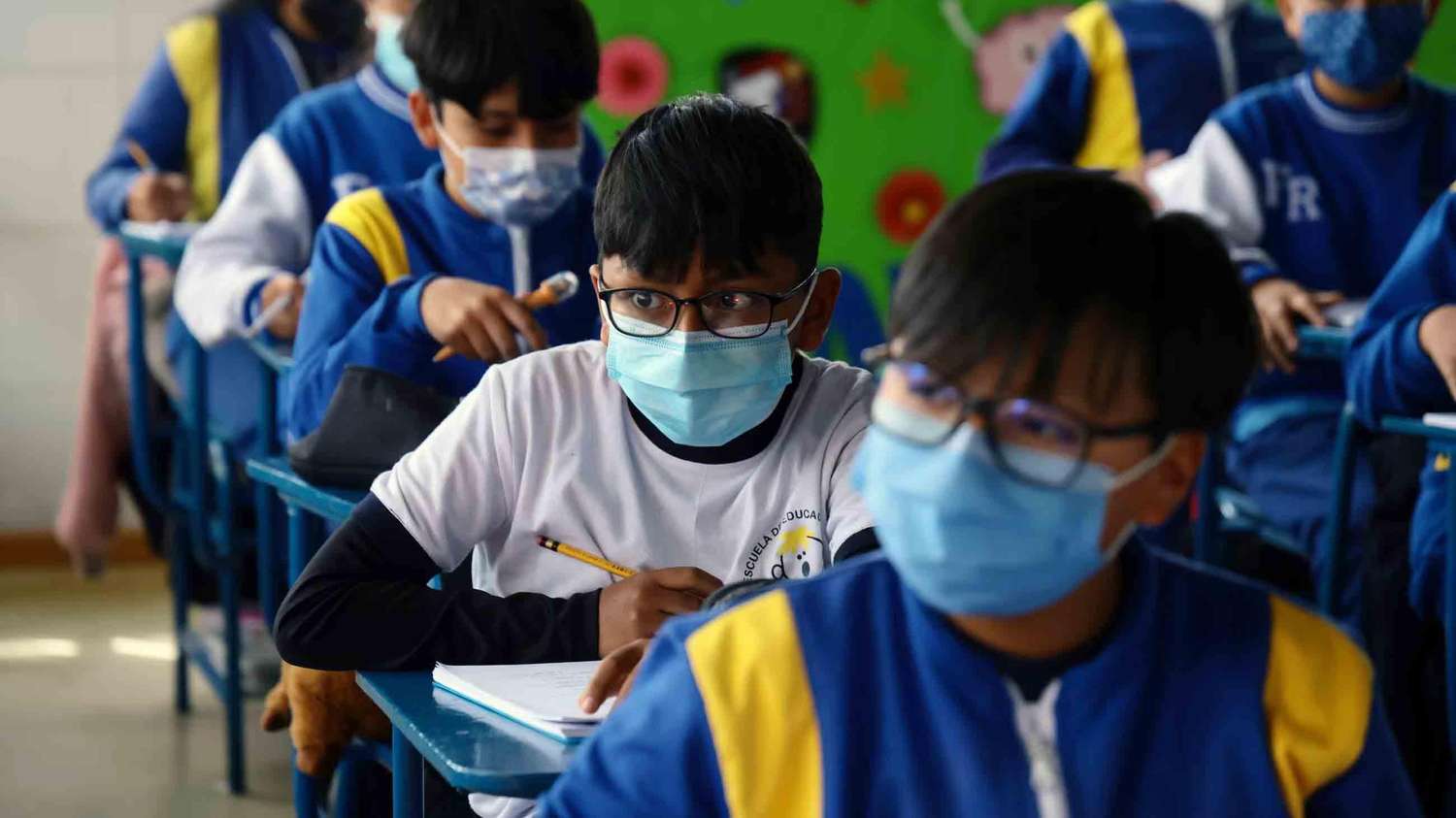Rising cases of yellow fever and dengue across South America underscore how the climate crisis is increasingly threatening global health, experts warned at the Cop30 summit. Diseases spread by mosquitoes — along with deadly heat — are now reaching temperate regions, including parts of Europe.
So far this year, South America has recorded 356 yellow fever cases and 152 deaths, mainly in the Amazon, according to the Pan American Health Organization. Aside from major outbreaks in 2017–18, this is the highest annual caseload since 1960. The surge comes after one of Brazil’s worst dengue years on record, with nearly 6.5 million infections and about 5,000 deaths in 2024. Europe also saw an unprecedented rise, reporting 304 dengue cases last year — more than the total from the previous 15 years.
Both diseases are spread by Aedes mosquitoes, which thrive in heat and stagnant water. As global temperatures rise and extreme rainfall intensifies, the climate crisis is worsening around half of all human infectious diseases, enabling disease-carrying mosquitoes to expand into new regions.
These trends are being highlighted as UN climate negotiations unfold in Belém, near the Amazon River. Health impacts of climate change, once a peripheral issue at such summits, have now become central. On Thursday, designated “health day,” the UN launched the Belém Health Action Plan to help countries strengthen surveillance systems, share best practices, and build capacity to cope with climate-related health challenges. The initiative is backed by $300 million from 35 philanthropic organizations.
“People everywhere are already experiencing how the climate crisis is a health crisis,” said UN climate chief Simon Stiell, noting that heat, storms, floods, and droughts are increasing deaths, fueling disease and malnutrition, and straining healthcare systems. He stressed that addressing health is essential to winning the global climate fight.
Still, experts say the response remains far too limited. Former US vice-president Al Gore pointed to new data showing extreme heat is killing one person every minute worldwide — clear evidence, he said, that governments are failing to protect people from climate impacts.
Health specialists emphasize that multiple factors are driving the spread of infectious diseases, including deforestation for farming and development, which brings humans into closer contact with animals that transmit zoonoses. “It’s also globalization — and mosquitoes and bacteria are incredibly adaptive,” said Maria Guevara of Médecins Sans Frontières.
Guevara warned that countries hit by climate-exacerbated outbreaks need far more support. MSF has recently responded to yellow fever outbreaks in Brazil and the Democratic Republic of Congo following severe droughts and floods. Even in Brazil, where yellow fever vaccines are free, distribution can be challenging.
Brazilian health expert Rachel Vicente added that heavy rainfall and high temperatures are causing dengue and yellow fever to spread beyond the Amazon, as warmer, wetter conditions increase mosquito activity and boost viral reproduction within the insects.








.svg)

.jpg)
.jpg)